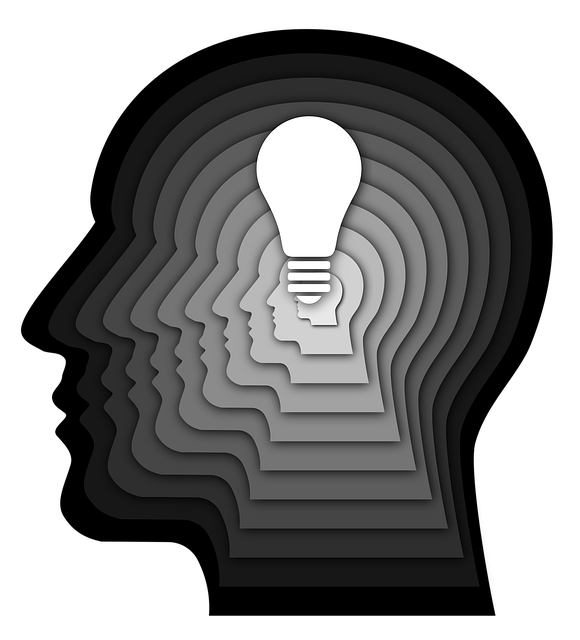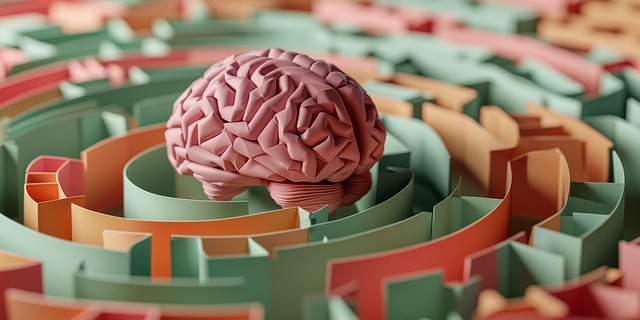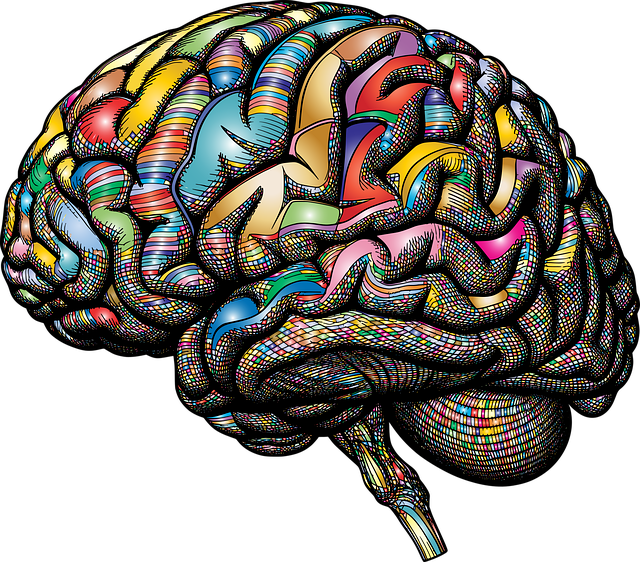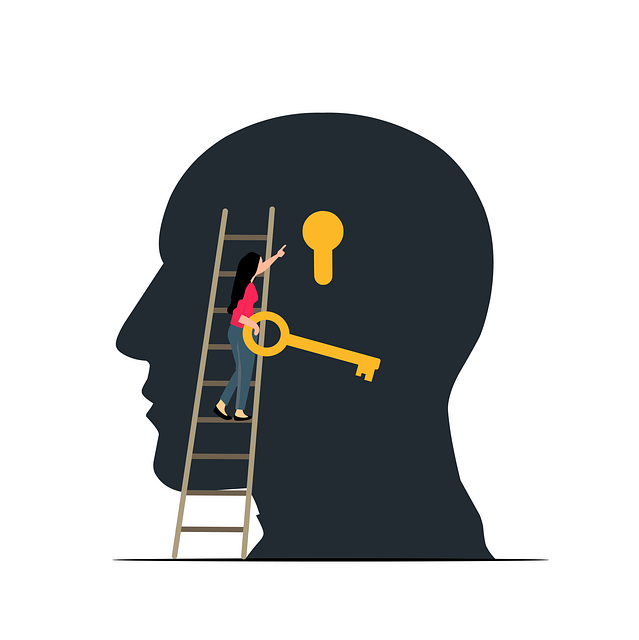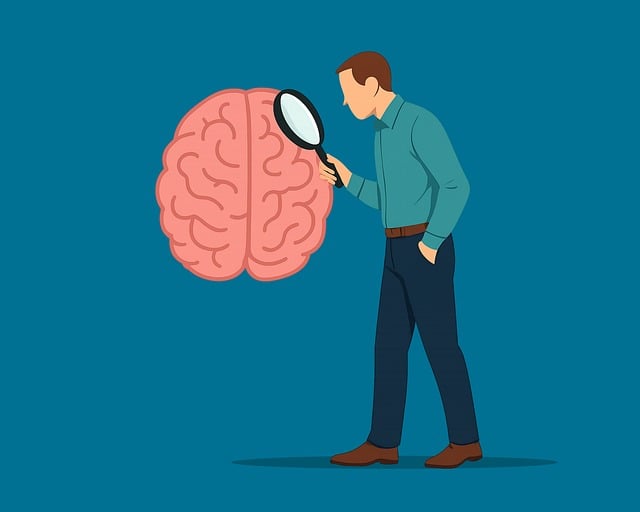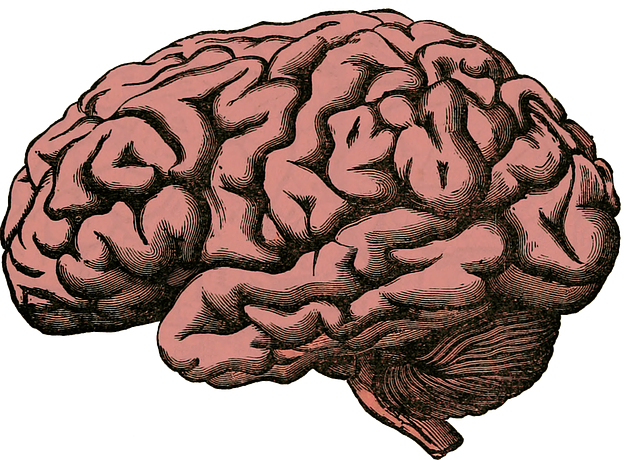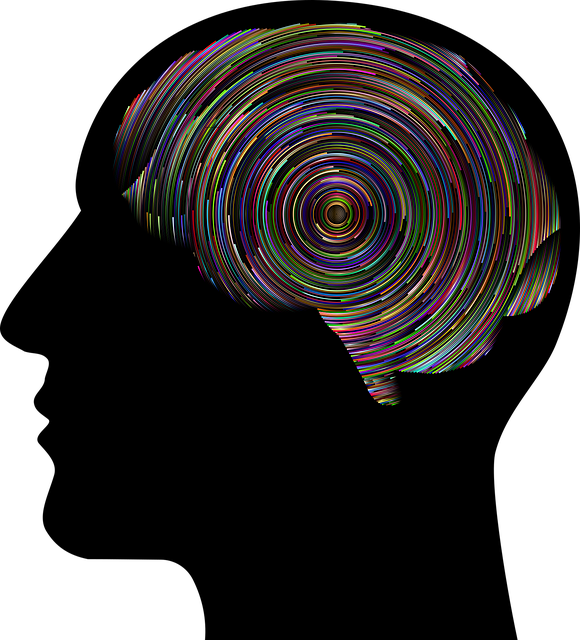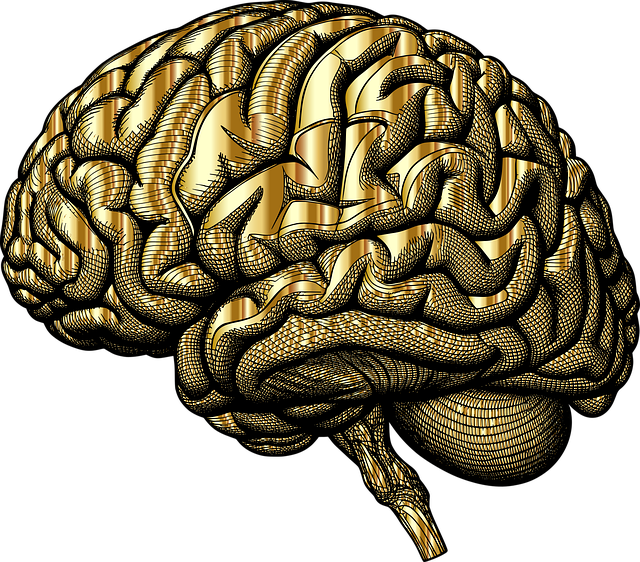Stress management is crucial for individuals with Attention Deficit Disorder (ADD) or Attention-Deficit/Hyperactivity Disorder (ADHD), as stress can exacerbate symptoms. Effective therapy for ADD-ADHD includes Cognitive Behavioral Therapy (CBT), which targets negative thought patterns, and mindfulness practices that enhance emotional intelligence and focus. Physical activity also offers natural stress relief, reducing cortisol levels. Additionally, alternative therapies like mindfulness meditation, yoga, acupuncture, and aromatherapy provide holistic approaches to managing ADHD symptoms while promoting mental wellness. Combining these strategies can help individuals better navigate stress, improve focus, and enhance their quality of life.
Stress reduction is essential for managing Attention Deficit Disorder (ADD) and Attention Deficit Hyperactivity Disorder (ADHD), conditions often characterized by heightened anxiety. This article explores effective strategies to combat stress, offering a holistic approach to well-being. We delve into evidence-based methods such as Cognitive Behavioral Therapy (CBT), mindfulness practices, and the power of physical activity. Additionally, we uncover alternative therapies, providing comprehensive insights for those seeking relief from ADHD symptoms and a calmer mind. Discover natural ways to navigate stress and improve your quality of life.
- Understanding Stress and Its Impact on ADD-ADHD
- Cognitive Behavioral Therapy (CBT): A Powerful Tool
- Mindfulness Practices for Calm and Focus
- Physical Activity and its Stress-Busting Benefits
- Alternative Therapies: Exploring Complementary Approaches
Understanding Stress and Its Impact on ADD-ADHD

Stress is a natural response to various demands and challenges, but when it becomes chronic, it can significantly impact individuals with Attention Deficit Disorder (ADD) or Attention-Deficit/Hyperactivity Disorder (ADHD). Understanding stress and its effects is crucial for implementing effective strategies to enhance mental wellness. For those managing ADD-ADHD, stress can exacerbate symptoms like impulsivity, difficulty focusing, and restlessness, making daily tasks more challenging.
One of the beneficial approaches to improving mental wellness and mood management for individuals with ADD-ADHD is through therapy. Therapy provides a safe space to explore and develop coping mechanisms tailored to their unique needs. Mental wellness journaling exercises, guided by a therapist, can be particularly effective. This practice encourages individuals to reflect on stressful situations, identify triggers, and gain insights into managing their symptoms more effectively. By combining therapy with specific guidance for mental wellness journaling, individuals with ADD-ADHD can better navigate stress, improve focus, and enhance overall quality of life.
Cognitive Behavioral Therapy (CBT): A Powerful Tool

Cognitive Behavioral Therapy (CBT) is a powerful tool in the arsenal against stress and anxiety, particularly effective for individuals dealing with Attention Deficit Hyperactivity Disorder (ADHD). CBT focuses on identifying and modifying negative thought patterns and behaviors that contribute to stress. By challenging unhelpful thoughts and replacing them with more realistic, positive ones, CBT empowers individuals to better manage their emotions and reduce the impact of stressful situations.
This therapy also teaches practical skills like conflict resolution techniques and risk management planning, which are crucial for improving self-esteem and maintaining mental well-being. These strategies not only help in navigating daily challenges but also foster resilience, enabling individuals to approach stressors with a calmer mindset. For ADHD sufferers, CBT can be a game-changer, offering a structured approach to managing symptoms and leading to significant improvements in overall quality of life.
Mindfulness Practices for Calm and Focus

Mindfulness practices have emerged as a powerful tool for achieving calm and focus, offering significant benefits for individuals seeking stress reduction methods. This ancient technique involves training your mind to be fully present in the current moment, thereby fostering emotional intelligence and enhancing overall well-being. By incorporating mindfulness into daily routines, one can effectively navigate life’s challenges, including symptoms often associated with Attention Deficit Hyperactivity Disorder (ADHD) or ADD.
Therapy for ADHD can greatly benefit from mindfulness as a complementary approach. It helps individuals with these conditions to manage impulsivity, improve concentration, and reduce restlessness. Mindfulness practices encourage awareness of thoughts and feelings without judgment, allowing for better regulation of emotions and increased focus. This, in turn, contributes to improved decision-making and overall anxiety relief, making it a valuable strategy for stress reduction methods targeting both mental health and productivity.
Physical Activity and its Stress-Busting Benefits

Physical activity is a powerful tool in the arsenal against stress, offering a natural and often underutilized therapy for ADD-ADHD symptoms as well. Beyond its physical benefits, regular movement has been shown to significantly reduce levels of cortisol, the hormone typically released in response to stress, helping to calm the mind and body. This effect can be particularly beneficial for individuals dealing with mental health challenges, including those seeking stress reduction methods. Engaging in activities like aerobic exercises, yoga, or even a brisk walk can provide an outlet for built-up tension, enhancing overall well-being.
Incorporating physical activity into daily routines not only promotes better stress management but also contributes to improved mental clarity and focus. This is especially relevant when considering the increasing importance of cultural sensitivity in mental healthcare practice. By encouraging healthy habits, mental health professionals can empower individuals to take control of their stress reduction strategies, fostering a sense of self-care that transcends traditional therapy sessions.
Alternative Therapies: Exploring Complementary Approaches

In addition to conventional treatments, exploring alternative therapies can significantly contribute to stress reduction and improving mental wellness, especially for individuals dealing with ADD-ADHD. Techniques such as mindfulness meditation have proven effective in calming the mind and enhancing emotional regulation. By focusing on the present moment and cultivating awareness, mindfulness practices help individuals manage symptoms associated with ADHD while promoting a sense of inner peace.
Other complementary therapies like yoga, acupuncture, and aromatherapy also offer holistic approaches to stress reduction. Yoga combines physical postures, breathing exercises, and meditation, providing a powerful tool for managing stress and anxiety. Acupuncture, an ancient Chinese practice, involves inserting thin needles into specific points in the body to stimulate energy flow, potentially reducing symptoms of ADHD and improving overall mental clarity. Aromatherapy, using essential oils, can create a soothing environment and support emotional balance, contributing to a sense of calm and reduced stress levels.
Stress reduction is a vital component in managing Attention Deficit Disorder (ADD) or Attention Deficit Hyperactivity Disorder (ADHD). By incorporating evidence-based methods like Cognitive Behavioral Therapy, mindfulness practices, physical activity, and exploring alternative therapies, individuals with ADD-ADHD can effectively navigate their symptoms and lead happier, more balanced lives. These strategies empower folks to take control of their mental health, fostering improved focus, reduced anxiety, and enhanced overall well-being.
